SGGPO
There are currently nearly 15 billion IoT connections in the world, meaning each person is connected to nearly 2 smart devices via the internet. But in Vietnam, this number is still very low, only about 1/20 of the world average.
On June 14, in Hanoi, Viettel Telecom Corporation (Viettel Telecom) organized the Viettel M2M IoT conference. This is an event to discuss the topics of platforms, connection infrastructure and business development experience of Internet of Things (IoT) devices connecting machines to machines (Machine to Machine, M2M). The event had the participation of technical and business speakers of IoT from Deloitte, GSMA, Hanoi University of Science and Technology, Rang Dong, China Mobile and more than 200 domestic and foreign enterprises (USA, Netherlands, France, Spain, UAE, China...).
Vietnam's IoT market could reach 7 billion USD by 2025
With the continuous development of technology, IoT has become a new source of inspiration for businesses around the world, an opportunity for a business boom for startups, opening up new sources of revenue in the future for businesses applying technology. Connecting smart devices to the Internet has created a breakthrough in the way we live and work. When applied to business operations, IoT devices can help increase productivity, improve processes, optimize costs and especially enhance user experience. According to a report by GSMA Intelligence, the number of IoT devices in Vietnam is expected to increase from 21 million in 2018 to 96 million in 2025. According to the Ministry of Information and Communications, the size of the Vietnamese IoT market reached more than 2 billion USD in 2019, expected to reach 7 billion USD in 2025.
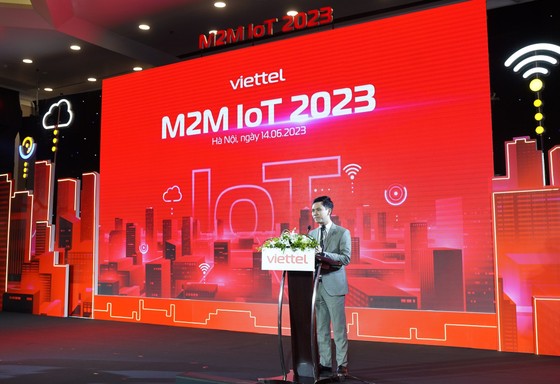 |
Nguyen Trong Tinh, Deputy General Director of Viettel Telecom, spoke at the event. |
Nguyen Trong Tinh, Deputy General Director of Viettel Telecom, said that there are currently nearly 15 billion IoT connections in the world, meaning that each person is connected to nearly 2 smart devices via the internet. But in Vietnam, this number is still very low, only about 1/20 of the world average. In relation to the story of telecommunications popularization in Vietnam, the IoT market also has similarities. 20 years ago when Viettel first entered the telecommunications market, the mobile connection density was only 5% of the population, after 8 years, the density reached 100%.
In the field of IoT, Vietnam is also 20 steps behind the world. To achieve the same connection density per population as the world, Vietnam must make more efforts. However, Mr. Tinh believes that the IoT field will also be able to develop strongly in the future, when businesses, telecommunications and IT units work together to solve technical infrastructure problems and cooperate to develop this market.
“This field will be a source of inspiration for business ideas for start-ups, as well as an opportunity for growth, opening up new sources of revenue in the future for all businesses. Viettel is committed to supporting businesses in deploying and operating IoT projects, from solution design to technical support and after-sales services. Viettel understands that the success of businesses is the common success of the whole community,” Mr. Tinh emphasized.
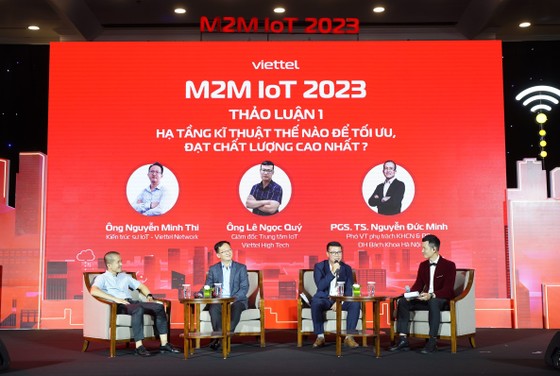 |
Speakers discussed at the event |
Solving the problem of technology and human resources
According to Mr. Nguyen Minh Thi, IoT Architect (Viettel Network), the main core problem in IoT development in Vietnam today is the technological barrier. Many businesses and units have realized the benefits of IoT, and many businesses have solutions for these requirements. However, when implementing, businesses are facing many difficulties, many Vietnamese businesses have had to handle them themselves and go it alone. "If we can share IoT knowledge in the business community, we will help them reduce a lot of costs in terms of human resources, materials, and time. This can only be solved when Vietnamese digital technology businesses go together," said Mr. Thi.
Associate Professor Dr. Nguyen Duc Minh (Faculty of Electronics, Hanoi University of Science and Technology) said that Vietnam is lacking chief engineers who can analyze the business aspect for business owners so that they understand the benefits of applying IoT. Explaining why Vietnam is lagging behind the world in IoT technology, Mr. Minh said that the Vietnamese market is too small, so it is very difficult to compensate for research and development costs. We have both a surplus and a shortage of human resources for IoT development. The number of students trained in electronics is about a few hundred each year, and businesses find it difficult to absorb all of them. However, we lack people who understand the system to be able to develop and test products from start to finish, and bring them to market. In other words, Vietnam lacks senior personnel in IoT development," Mr. Minh said.
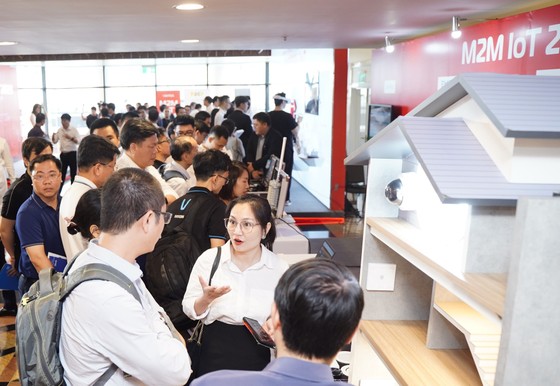 |
Visit the exhibition and demonstration of IoT devices at the event |
Within the framework of the conference, Viettel and its partners also organized the exhibition of many new IoT products and technologies such as VHealth health monitoring devices, smart home solutions with HomeCamera AI - connected to Viettel Home application, wireless IoT sensor devices, smart electricity and water metering systems, CMP connection management platform...
Source



















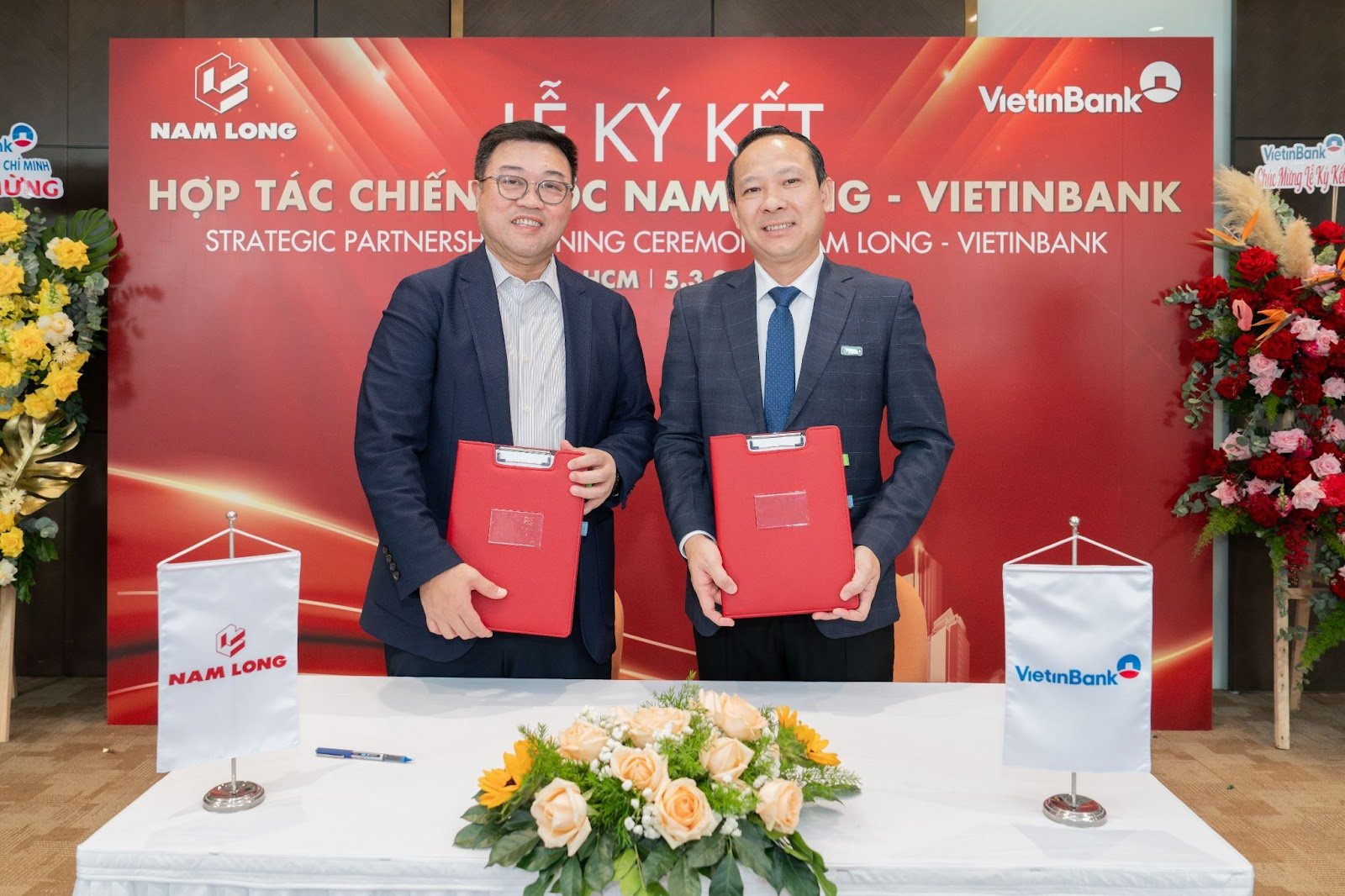


















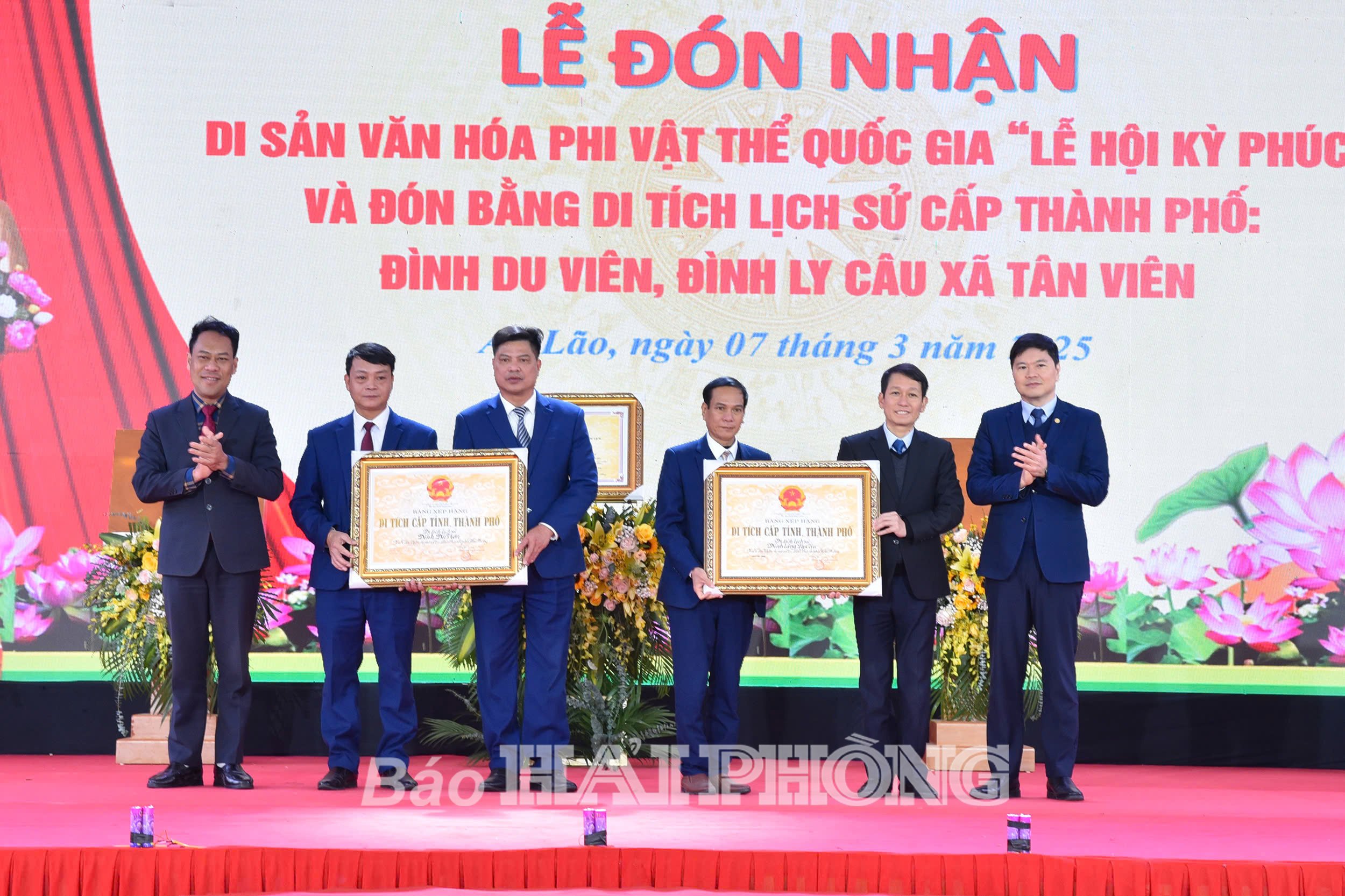

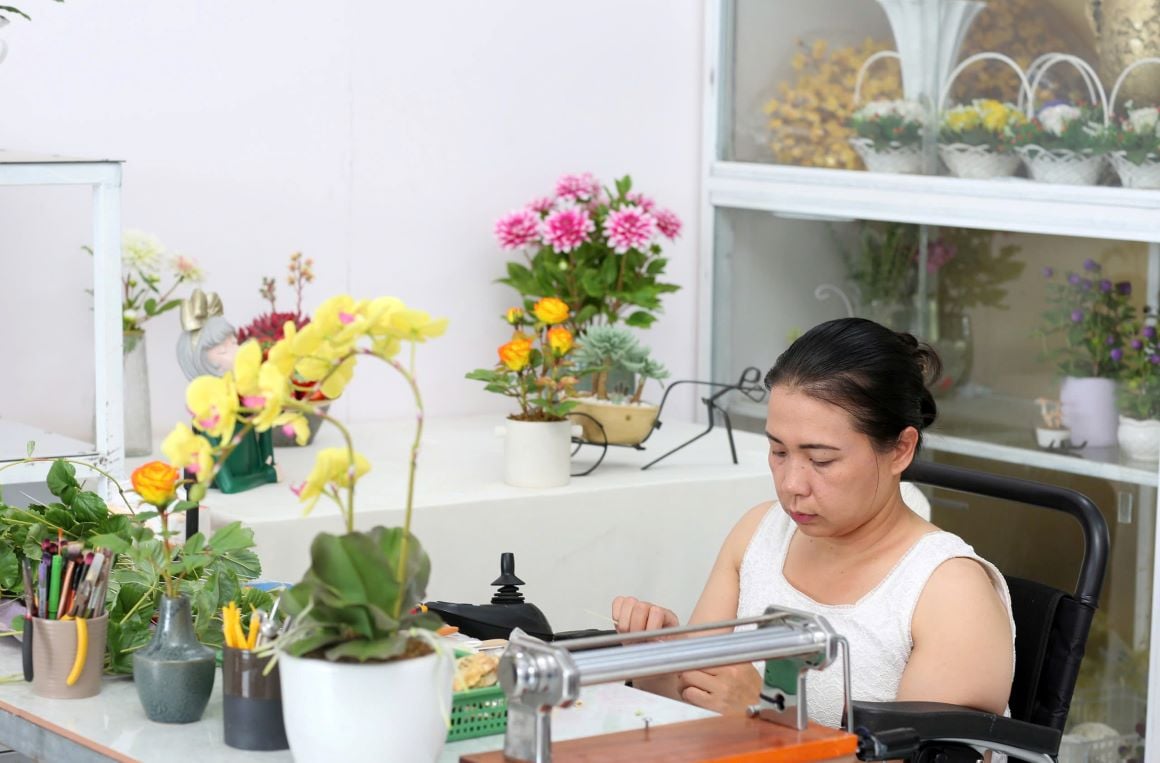














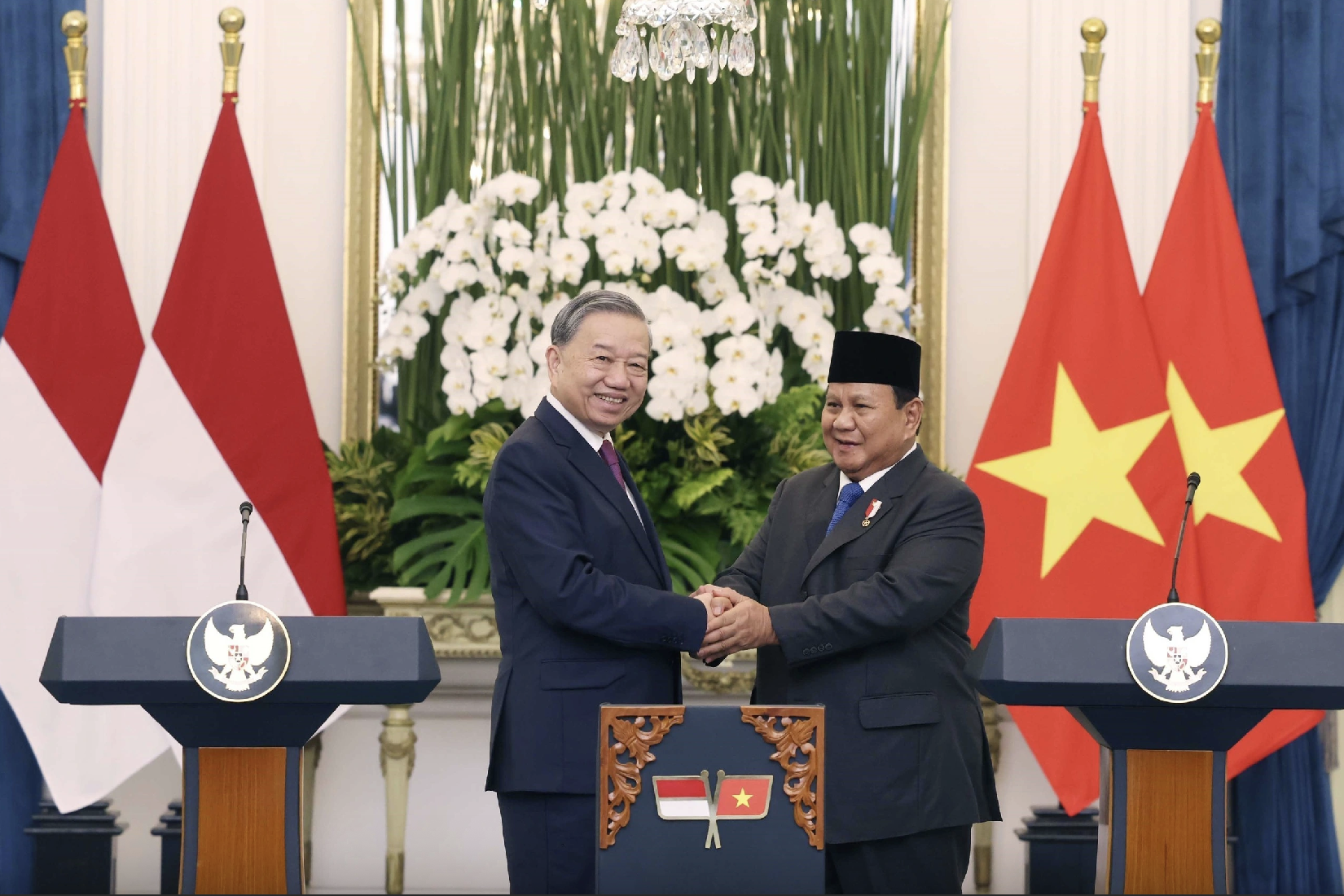






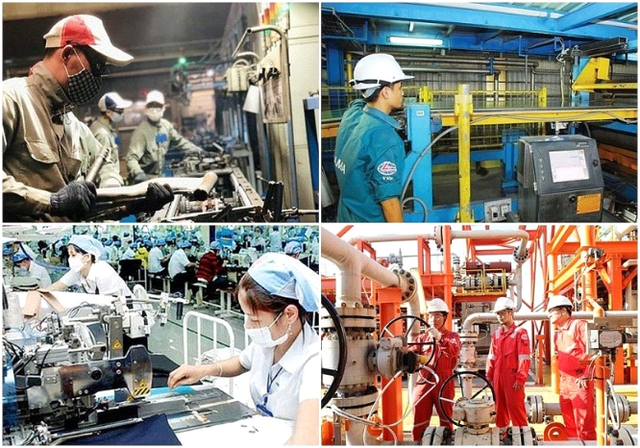





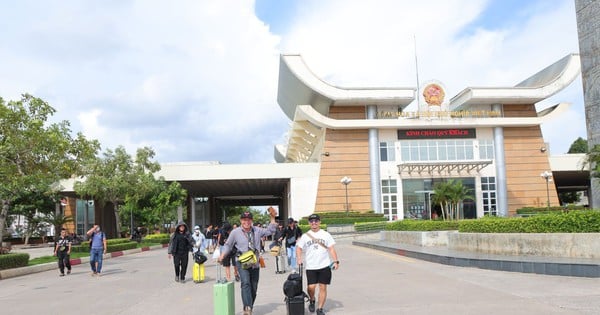









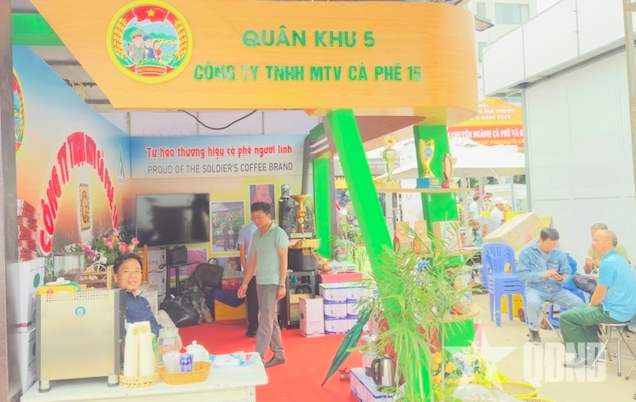


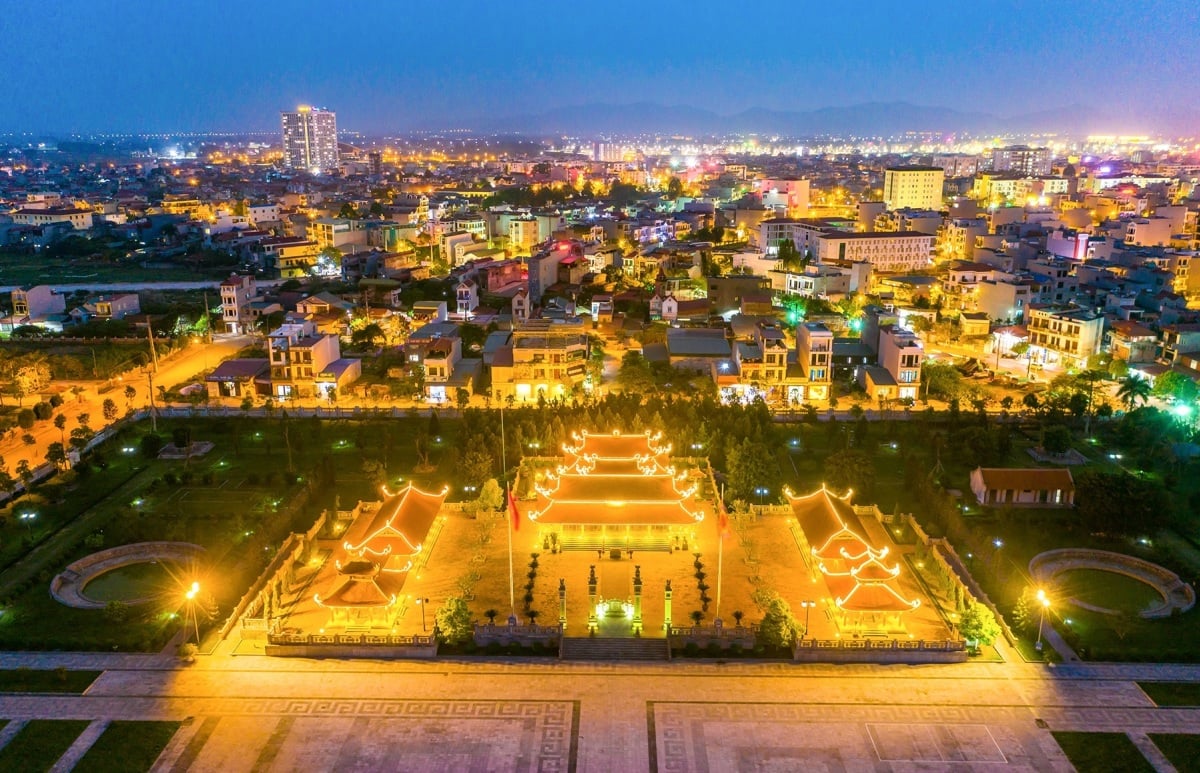






Comment (0)